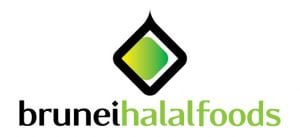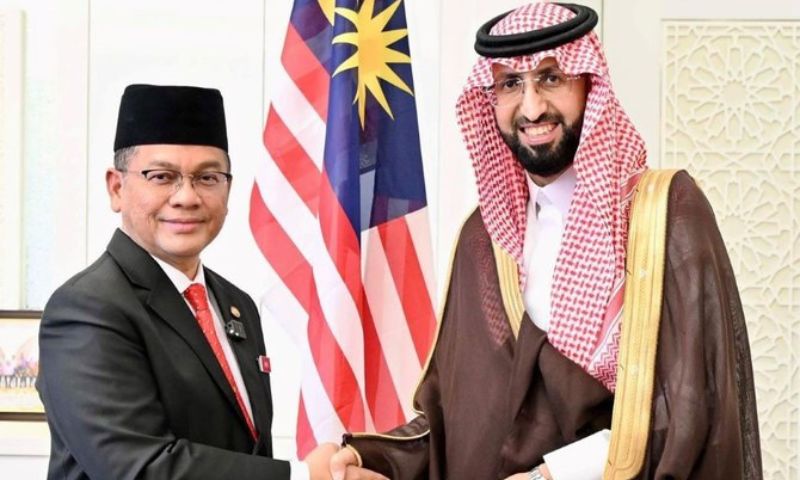
Held on the side-lines of Expo 2020 Dubai, the inaugural forum is exploring how to improve trade between Dubai and the Association of South East Asian Nations
Dubai, UAE – The halal industry is a high-potential avenue where companies in the UAE, GCC and Association of South East Asian Nations (ASEAN) can boost trade and build cross border partnerships, industry experts speaking at the inaugural Global Business Forum ASEAN said today.
The forum, organised by Dubai Chamber in partnership with Expo 2020 Dubai, explores trade and investment opportunities between the two regions.
Taking part in a discussion titled ‘The Islamic Consumer: A Post-Pandemic Comeback?’ were Dato Dr Mohmed Razip Hasan, Director-General, Islamic Tourism Centre, Malaysia; Saleh Lootah, Managing Director, Al Islami Foods, UAE; and Riyanto Sofyan, Chairman, Team for Accelerated Development of Halal Tourism, Indonesia.
Despite the slump in the market from the impact of the pandemic, the three experts cited their optimism for the halal sector, which globally is worth an estimated USD 4 trillion. Increasing growth is forecast for the industry, with new strategies and policies identified as key drivers.
Lootah, expressed his belief that consumer spending is slowly returning in Dubai, and noted that the halal industry will reach pre-Covid levels by the end of 2022.
Hasan agreed with this positive outlook, saying that with borders opening up and economies recovering, the halal travel industry is picking up momentum. He explained that while Muslim travellers are growing, and remain influential, it is necessary for governments and businesses to build strategies and goals that can meet these demands and to expand the sector to make it attractive to non-Muslim consumers.
Hasan also noted that there are five key strategies which Malaysia plans to execute to drive this demand: positioning Islamic consumers as discerning, niche and lucrative; enhancing leadership in Muslim travel businesses and destination management; enhancing knowledge and understanding of service providers towards Muslim travel needs and requirements; increasing investment in Islamic Tourism and hospitality infrastructures and business content; and increasing collaborations between stakeholders.
Commenting on the resilience of the halal sector, Sofyan said that although halal tourism – along with the tourism sector in general – was one of the hardest hit during the pandemic, it is proving to be one of the fastest to rebound, pointing to his association recording significant growth in the wake of the pandemic.
”In the third quarter of this year, we reached a growth of 3.5% year-on-year, so we are quite optimistic. This is the time and opportunity for halal market to go mainstream by using an inclusive approach. The government is supporting us as well, and have formed a new entity to develop the Islamic economy and the halal industry. This will help our ambition in being a leader in the halal industry by capitalising and using our large Islamic consumer market.”
He added that the key goal in the halal industry must be to brand halal products and services in way that they can go mainstream to attract non-Muslims as well through its unique propositions.
Held under the theme The New Frontiers, the first-ever GBF ASEAN is organised under the patronage of HH Sheikh Mohammed Bin Rashid Al Maktoum, Vice President of the UAE and Ruler of Dubai. The forum is part of Dubai Chamber’s flagship series, which also explores economic potential in emerging markets across Africa and Latin America.



